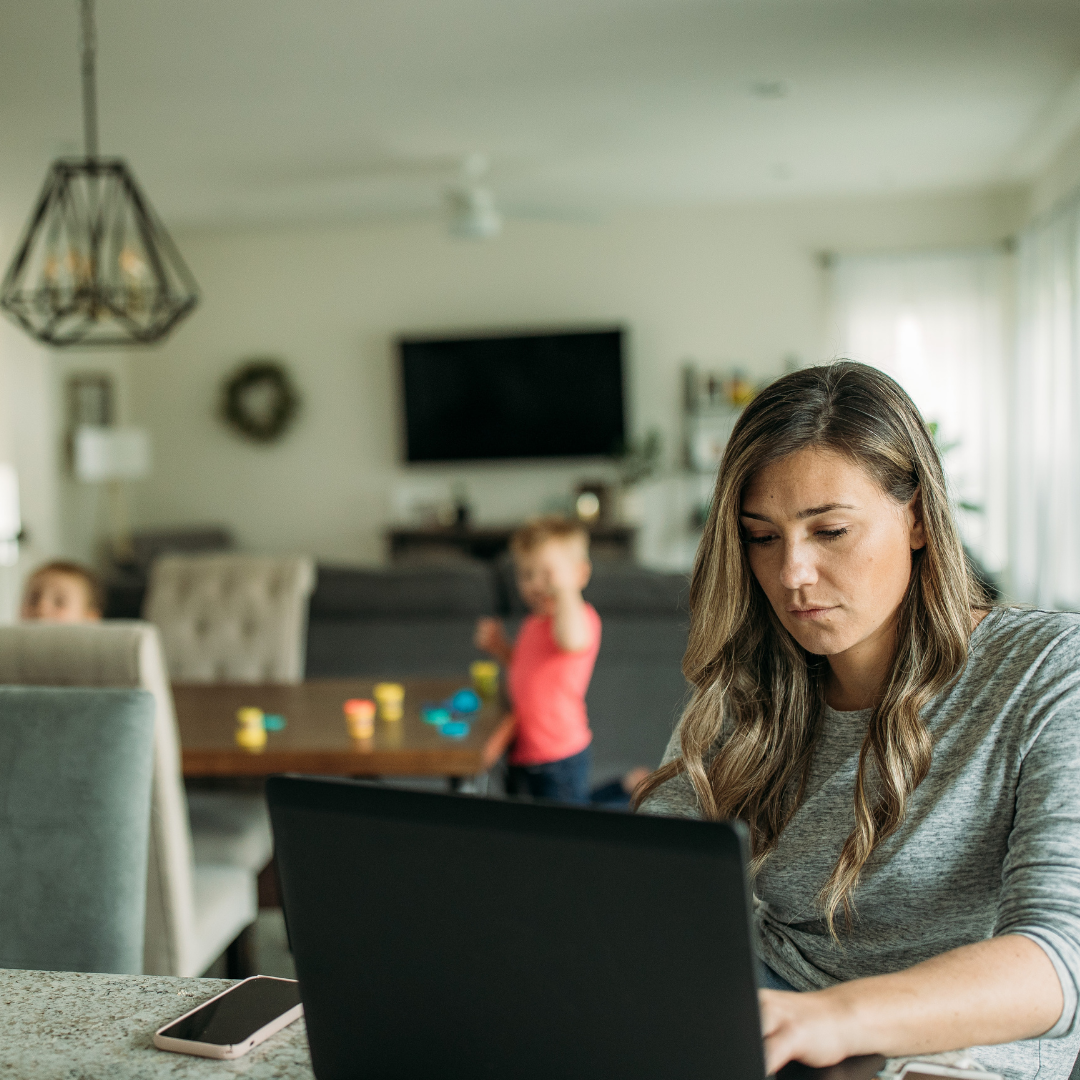
WFH vs the Office: Why the Future of Work is Not Either/Or
The future of work has arrived. Here’s how to make it work for you.
Are you eager to get back to the office? If so, you’re not alone. Working from home during lockdown was hard.
No two ways about it: the Great 2020 WFH Experiment sucked
Here’s my short list of WFH grievances. I’m sure you have your own to add.
- There was no place to work but home. You couldn’t go to a coffee shop or the gym even if you wanted to.
- There was no change of scenery. It was you in what passed for a home office – all the livelong day. For months on end.
- You couldn’t spend time with friends and coworkers. No water cooler chats. No happy hours.
- Despite every effort to jazz things up, Zoom fatigue was real.
Are there only two choices?
As we’re all conjecturing about the post-pandemic workplace, the discussion is too often framed as a debate between 2 extremes. Either we’re going back to the office...or we’re staying at home. Advocates of a return to the pre-pandemic 5-day office workweek like to remind us how bad WFH was. Who’d ever want to do that again when a shiny, sanitized office awaits us?
Beware the false choice
However, 2020 doesn't give us an accurate idea of the workplace options actually available to us. In her essay “The Future of Remote Work is the Opposite of Lonely” Anne Helen Petersen makes the case that because the particular type of WFH many people experienced was so soul-numbing, many people falsely imagine that that is what working from home will be like in the future.
She points out that advocates of a full return to the office often point to the misery of our pandemic WFH experience to say we all need to go back to the way things were. It’s a straw-man argument, she says. “We should be wary of conflating the desire to get out of our houses and be in the same space as other people with the desire to be back in the office. But it's worth remembering that offices can be deeply isolating places, too,” she writes.
Reimagine WFH as your ticket to work-life freedom
What the dystopian view of WFH fails to take into account is that once you take the global pandemic out of the picture, working from home doesn’t actually mean you’re always stuck at home. Rather than the solitary confinement most of us are still experiencing, WFH in the future could be quite enjoyable and liberating.
Even if you end up going to the office, say, 3 days a week, imagine what your days away from the office could look like. Below are just some possibilities, which I offer based on my own 30 years of not working in an office:
- Meeting friends in a coffee shop in the morning before starting work – made possible by not having to commute to the office.
- Sticking around to do some work – also possible because our employers have armed us with laptops, VPNs and mobile phones.
- Working at a local coworking space – which are abundant thanks to the freelancers and entrepreneurs who made them popular prior to COVID.
- Starting work earlier, so that you can knock off earlier. Or, if you’re not a morning person, imagine doing the reverse!
- Running errands – maybe even going to the DMV if you’re feeling brave – during actual office hours.
- Going to lunch with your significant other – because you can.
- Deciding to visit your children at daycare.
- Refreshing your body and mind by going on a run in the park.
- Being home when your kids get off the bus – made possible because (can I get an Amen?) they’re back at school!
- Cooking a more nutritious dinner because you can get started earlier than if you got back from the office at 6.
- Closing your laptop and putting your phone on mute before 5 p.m. – because you’ve done all you can do today and you’ll be more productive the next morning when you’re fresh.
What employers and employees want
Unlike some conflicts in the work world, this debate doesn't find employers pitted against workers. For the most part, bosses are not strong-arming employees into returning to the office against their will. The fact is, many employees are eager to go back to the office because their 2020 WFH experience was dismal. They're tired of the isolation and fatigue of WFH + social distancing.
Also true: many employers are eager to deploy hybrid work policies because they know that despite the difficulties of WFH in 2020, Care.com surveyed 500 HR executives and found that 66% plan on offering a hybrid workplace in order to give employees greater control over negotiating work and life. Does that mean working away from the office one, two or three days a week? We'll probably see a wide range of configurations. Every company and every employee will need to figure out for themselves what is optimal.
What if WFH is not at all like we imagine?
The lesson here is that even though we all worked from home in 2020, we still have no idea how good WFH can be. Think about it. Our kids were home. Our significant others were home. We were trapped within our own four walls and the boundary between work and home was utterly erased. We were destined to be miserable. This seems like a bad precedent upon which to make judgments about the future.
Ultimately, despite what policies our employers offer us, we may be our own biggest barrier to exploring new ways of working and living. I’ll let you in on a little secret. As a successful freelancer, I often coach would-be freelancers. Nearly every one of them has a hard time embracing their freedom. It takes months if not years to let go of the mentality that we’re productive only if our butts are in office chairs from 8 to 5. What freelancers eventually learn is that true productivity is not governed by the clock. We all have only a few truly productive hours in a day. For me it’s 4 hours. The rest of the time is filled with distractions and procrastination. But once you internalize the fact that your contributions are not measured in hours, you can more easily own your time, which means striking while the iron’s hot – being productive when you’ve got energy – and then not even trying to pretend the rest of the time.
So, imagine if we recast WFH to mean “Working from Home Base?” That means home is only your default setting. You can work there when it’s productive for you. You could try other places when they make sense. And you can also tend to the other important things and people in your life as work permits. So, when you do go into the office, you’ve got fewer stressors and feel less compromised in how you are living up to your responsibilities.
Ready to continue your journey?
There are two great ways to do it.
Ready to continue your journey?
There are two great ways to do it.






